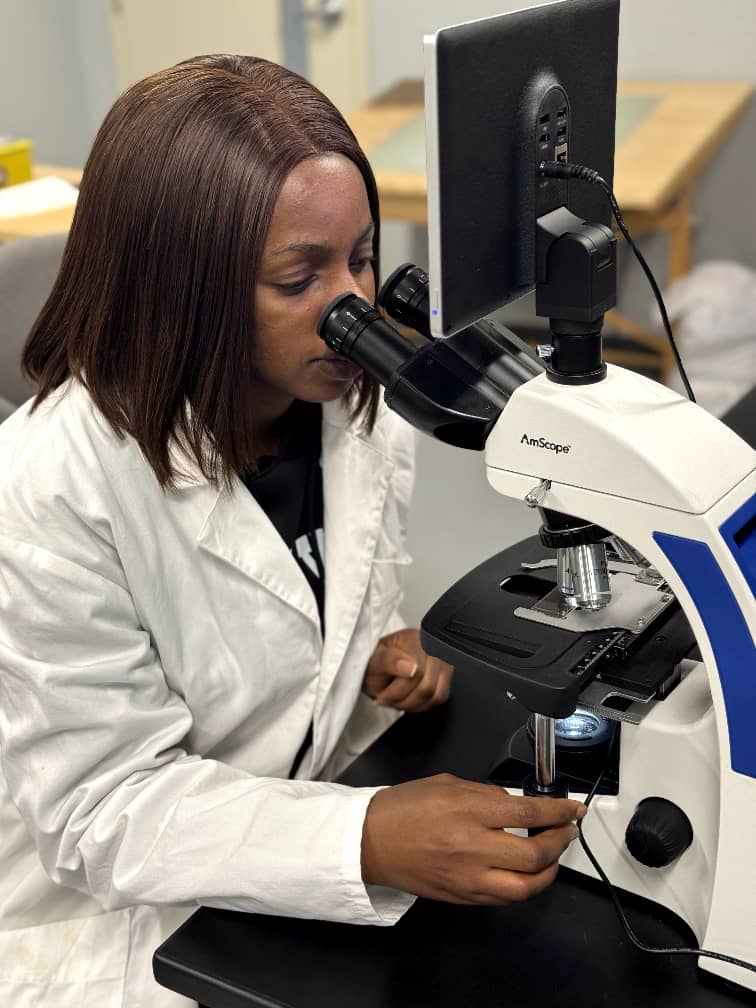
By Dickson Omobola
As international oil companies continue to pull out of Nigeria’s oil and gas sector, concerns over the country’s energy future have intensified.
A Nigerian-born research scientist, Oluwaseun Omoyemi, is spotlighting a long-overlooked region—the Benue Trough—as a viable solution to strengthen Nigeria’s energy security.
Omoyemi, who specialises in Petroleum Geochemistry at Fort Hays State University, USA, is urging a scientific reevaluation of the Benue Trough’s hydrocarbon potential.
The Benue Trough, a North-East-South-West trending sedimentary basin, stretches from Adamawa to Cross River State. Despite its size and complex geological structure, it has remained underexplored due to the dominance of the Niger Delta, Nigeria’s main petroleum-producing region. “The Benue Trough is not just a relic of tectonic separation; it’s a promising frontier that could shape the next phase of Nigeria’s energy narrative,” Omoyemi said in an interview with our correspondent.
Omoyemi traced the basin’s origin to the separation of South America from West Africa around 125 million years ago during the Cretaceous period. She noted that the basin contains sedimentary deposits exceeding 6,000 meters in thickness and are composed of shales, sandstones, and limestones that are key indicators of its viability for hydrocarbon exploration. “These sedimentary layers are nature’s archive. They preserve the organic clues we need to understand where and how hydrocarbon forms,” she explained.
Her academic journey, particularly her research on the petroleum systems in Kansas, United States, sparked a deeper interest in the Benue Trough. Omoyemi pointed out that previous studies have confirmed the presence of Type II and III kerogens with good to excellent Total Organic Carbon (TOC) content in the Benue Trough. These organic materials are essential precursors for oil and gas generation. “We are not starting from scratch. The science already supports this basin’s potential; what’s missing is strategic investment and modern exploration,” she stated.
She called on the Nigerian National Petroleum Company (NNPC) to actively engage the global Nigerian petroleum science community. “There are many Nigerian-born geoscientists doing cutting-edge work abroad. We must harness this brain trust. It’s time to invest in our own people and resources,” she added.
Currently, Omoyemi is collecting rock samples from the Pindiga and Fika formations within the Trough for geochemical analysis. Her goal is to perform Rock-Eval pyrolysis and biomarker studies—analysis that provide critical information on organic richness, organic matter quality, and thermal maturity that are crucial to the generation of hydrocarbon in commercial quantity.
She emphasized the importance of aligning academia, government, and industry to advance the exploration agenda. “Structured collaboration is key. We need cross-sector cooperation to unlock the basin’s full potential and ensure that the discoveries benefit all Nigerians,” Omoyemi said.
Beyond the technical discourse, she sees the Benue Trough project as a symbol of national resilience and self-reliance. “Nigeria can no longer rely solely on multinationals. We must build our internal capacity to secure our energy future,” she stated firmly.
As the energy landscape continues to evolve, Omoyemi’s work offers a data-driven pathway for Nigeria to diversify its petroleum exploration efforts. With the right scientific tools and political will, the Benue Trough could become a cornerstone of Nigeria’s energy transformation.
The post Researcher advocates exploration of Benue Trough to boost Nigeria’s energy sector appeared first on Vanguard News.








